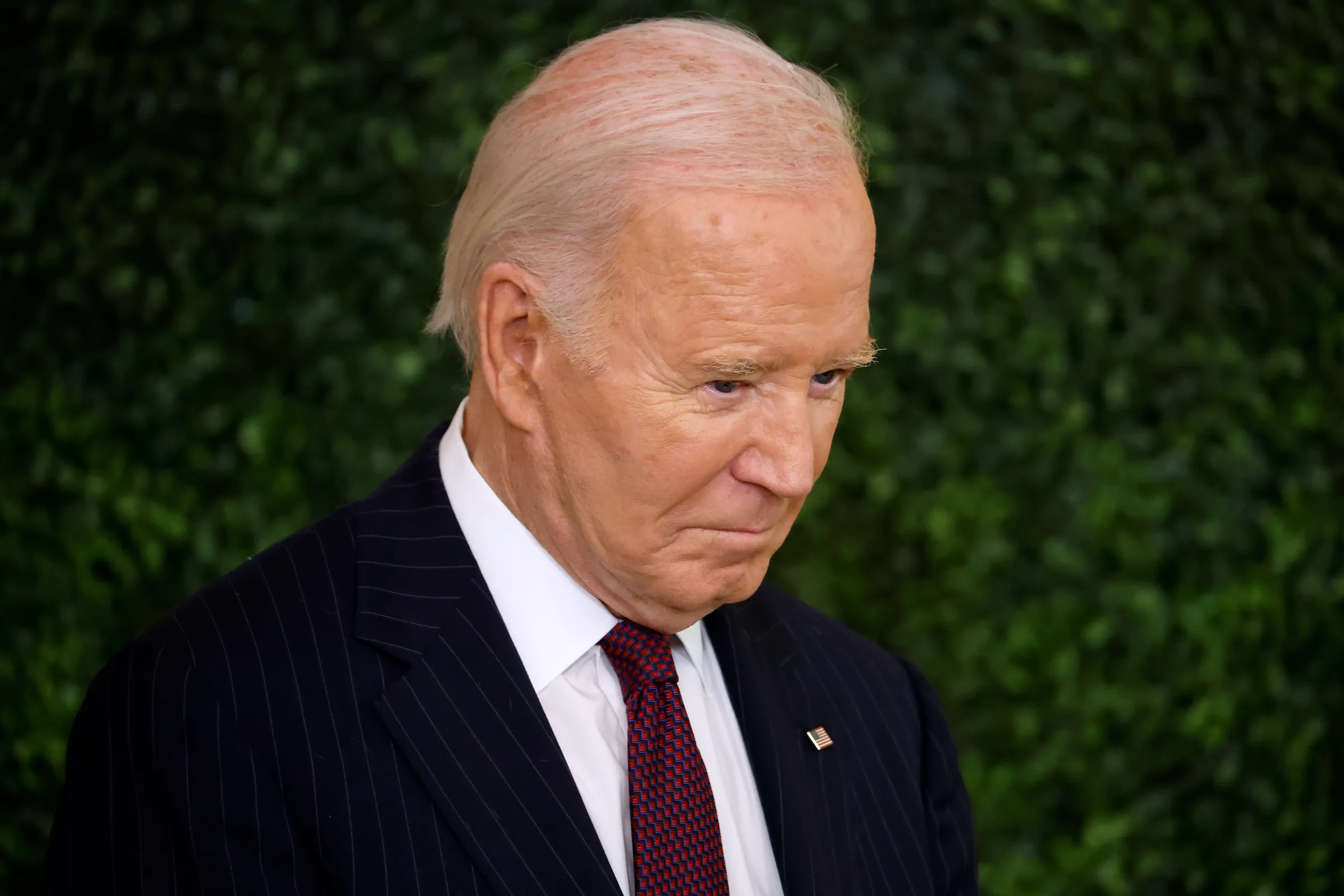In a significant reversal of his prior stance, President Joe Biden has approved the provision of anti-personnel mines to Ukraine, a move intended to bolster the nation’s defense against intensifying Russian military aggression. This decision highlights the administration’s growing commitment to supporting Ukraine while raising ethical and geopolitical concerns due to the controversial nature of these weapons.
A Change in U.S. Policy
During his campaign and early presidency, Biden strongly advocated for minimizing the use of anti-personnel mines, aligning with a longstanding U.S. effort to phase out their deployment. His decision to supply Ukraine with these munitions marks a departure from that position. The mines being provided are classified as “non-persistent,” meaning they are designed to self-deactivate after a certain period, reducing the potential for long-term harm to civilians. This technological distinction, however, has not quelled criticism from human rights organizations and anti-landmine activists.
The mines will reportedly be deployed by Ukrainian forces in areas that are heavily contested, with assurances from Kyiv that they will not be used in civilian-populated regions. This assurance, however, does not alleviate the risks inherent to deploying such weapons, especially in densely populated conflict zones where their use can inadvertently endanger non-combatants.
Escalation in Military Aid
The decision to include anti-personnel mines in the U.S. arsenal sent to Ukraine follows a series of escalations in the types of military aid provided. Recent deliveries included ATACMS long-range missiles, which Ukrainian forces used effectively to strike key Russian military installations. The mines are seen as a complementary tool to fortify Ukraine’s defensive positions as Russian forces continue to press in the eastern and southern regions of the country.
The conflict has recently entered a new phase, with Russia lowering its nuclear threshold for retaliation against what it deems significant conventional military threats. These developments have heightened tensions, with Moscow warning the West of potential catastrophic outcomes if the war further escalates.
International Controversy
The use of anti-personnel mines is globally contentious. The Ottawa Treaty, ratified by 164 countries, bans the use, stockpiling, production, and transfer of such mines due to their devastating impact on civilian populations. However, the United States, Russia, and Ukraine are among the few nations that have not signed the treaty. Critics argue that deploying these mines, even in limited and controlled circumstances, risks undermining international efforts to eradicate their use altogether.
Human rights groups have expressed concern over this policy shift, questioning its alignment with Biden’s broader commitment to human rights and ethical warfare. “The deployment of anti-personnel mines has long-term consequences that outlast the conflicts they’re used in,” said a spokesperson for the International Campaign to Ban Landmines.
Implications for the War and U.S. Policy
As the war in Ukraine nears its 1,000th day, Biden’s decision underscores the administration’s determination to provide Ukraine with all necessary tools to resist Russian aggression. However, this support comes with potential trade-offs. Critics warn that supplying such weapons could lead to reputational damage for the United States and complicate its ability to promote global disarmament initiatives in the future.
Despite the backlash, the administration maintains that these mines are a critical component of Ukraine’s defensive strategy. U.S. officials argue that the risks posed by these munitions are outweighed by the immediate need to counter Russian advances and protect Ukrainian sovereignty.
Sources
- Reuters: “Biden approves anti-personnel mines for Ukraine, US official says”
- New York Post: “Biden authorizes shipment of anti-personnel land mines to Ukraine”
- Welt: “Ukraine conflict and implications of mine use”
- International Campaign to Ban Landmines: Commentary on the risks and ethical concerns of landmine deployment
- Background on the Ottawa Treaty: Documentation from the United Nations Office for Disarmament Affairs

